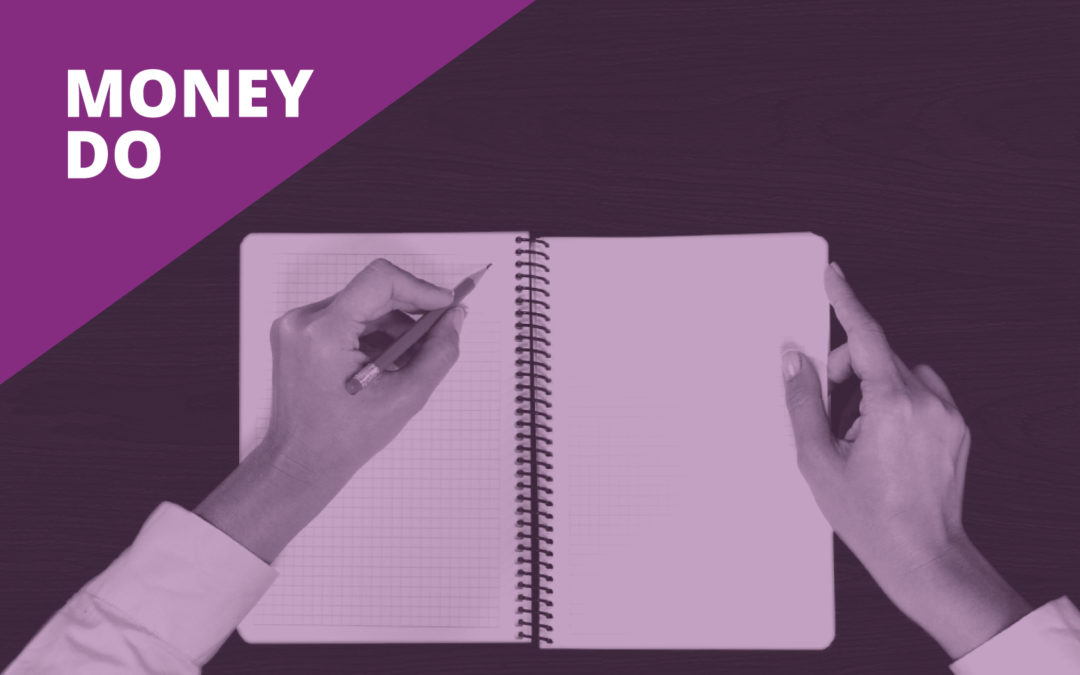
MoneyDo: Start An Emergency Fund.
Too often, people confuse wealth management with investment management. Managing investments is complex, and important. But comprehensive wealth management considers more than investment.
Still, starting an emergency fund is an investment of sorts – an investment in building preparedness and peace of mind.
What is an emergency fund?
An emergency fund is a separate savings account available for use in the event of a financial crisis.
- Note use of the word “separate.” To ensure your emergency fund is only used during financial emergencies, keep it separate from your general savings or checking account.
- Make sure it isn’t tied to your debit card or otherwise accessed easily
- Saving for an emergency fund could keep you from making high-interest loans or costly payments in the face of an emergency.
- The idea is excess cash saved helps us avoid additional debt when expenses increase or income is temporarily reduced.
- Types of emergencies you might be saving for: A loss of a job, unexpected large medical expense, or unexpected home repair are typical examples.
What To Do If You Don’t Have Money For An Emergency Fund
This week’s MoneyDo is entitled “Start An Emergency Fund.” You may not have enough to stash away six months of expenses today, but that shouldn’t keep you from starting.
Once the account is established we suggest “you pay yourself first”. Think about it this way: How quickly did your lifestyle adapt to the last raise you received. For most of us, the additional income wasn’t even noticed after a few pay periods. This concept remains true when income is slightly reduced.
- When the additional savings account is established, set up an auto-transfer from your “operating account” to your emergency savings account. You are now “paying yourself”.
- We suggest transferring 10% of your income to your new savings account.
- If this feels difficult, start with 5%. See how quickly you adapt to the change.
- After a few months increase the transfer another 5%.
How much should I have in my emergency fund?
- We recommend unmarried individuals or single income households set a goal totaling 6 months of necessary expenses.
- Dual income households should strive for 3 months since the loss of all household income is less likely.
- Necessary expenses typically include housing, food, debt payments, transportation, insurance and utilities.
- During a financial emergency discretionary spending such as brand new clothing, vacations, or going out to restaurants can be reduced or skipped all together.
Once you hit the target, keep going. This can be a great path to additional wealth beyond retirement savings. As the account builds in value, start moving excess savings to longer term investments such as mutual funds. Continue this process and you’ll be amazed at the additional wealth created 10 to 15 years from now!